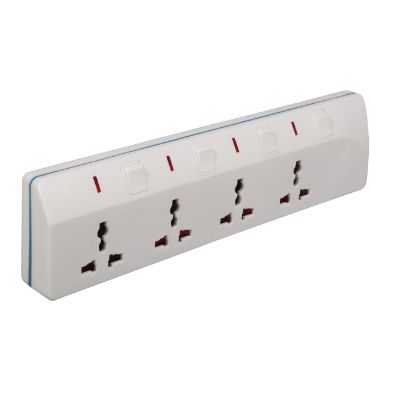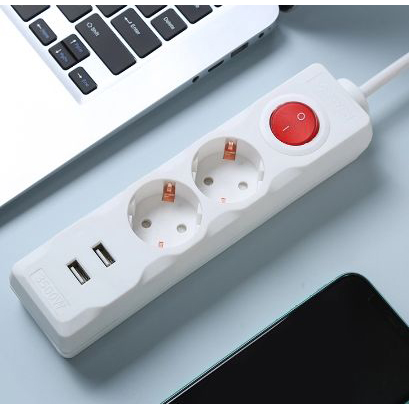- English
- Español
- Português
- русский
- Français
- 日本語
- Deutsch
- tiếng Việt
- Italiano
- Nederlands
- ภาษาไทย
- Polski
- 한국어
- Svenska
- magyar
- Malay
- বাংলা ভাষার
- Dansk
- Suomi
- हिन्दी
- Pilipino
- Türkçe
- Gaeilge
- العربية
- Indonesia
- Norsk
- تمل
- český
- ελληνικά
- український
- Javanese
- فارسی
- தமிழ்
- తెలుగు
- नेपाली
- Burmese
- български
- ລາວ
- Latine
- Қазақша
- Euskal
- Azərbaycan
- Slovenský jazyk
- Македонски
- Lietuvos
- Eesti Keel
- Română
- Slovenski
- मराठी
- Srpski језик
What are electrical plugs used for?
2024-12-20
The main uses of electrical plugs include power supply interface, safe connection, energy saving, power distribution, environmental adaptability, functional diversity, convenience and protection of electronic devices.

Specifically:
Power supply interface: The electrical plug provides a standardized interface that allows various electrical devices to connect to the power network to obtain power for work.
Safe connection: The electrical plug ensures that the connection between the electrical device and the power supply is safe and reliable, and usually has functions such as overload protection and short circuit protection to protect the safety of the device and the user.
Energy saving: Some smart electrical plugs have energy saving functions, which can save electricity and reduce energy consumption through timer switches or induction control.
Power distribution: The electrical plug can distribute one power point to multiple devices.
Functional diversity: Modern electrical plugs have a variety of functions. In addition to the basic power supply function, they may also include USB charging ports, intelligent control, wireless charging, lightning protection, energy-saving management and other functions.
Convenience: The use of electrical plugs makes it more convenient to charge or power devices, especially in environments where the device needs to be frequently moved or adjusted.
Environmental adaptability: electrical plugs are designed with different shapes and sizes to adapt to the power standards of different countries and regions and meet the needs of different environments.
Protect electronic devices: Sockets with power protection functions can protect electronic devices when the voltage fluctuates or is abnormal, avoiding damage caused by unstable voltage.




